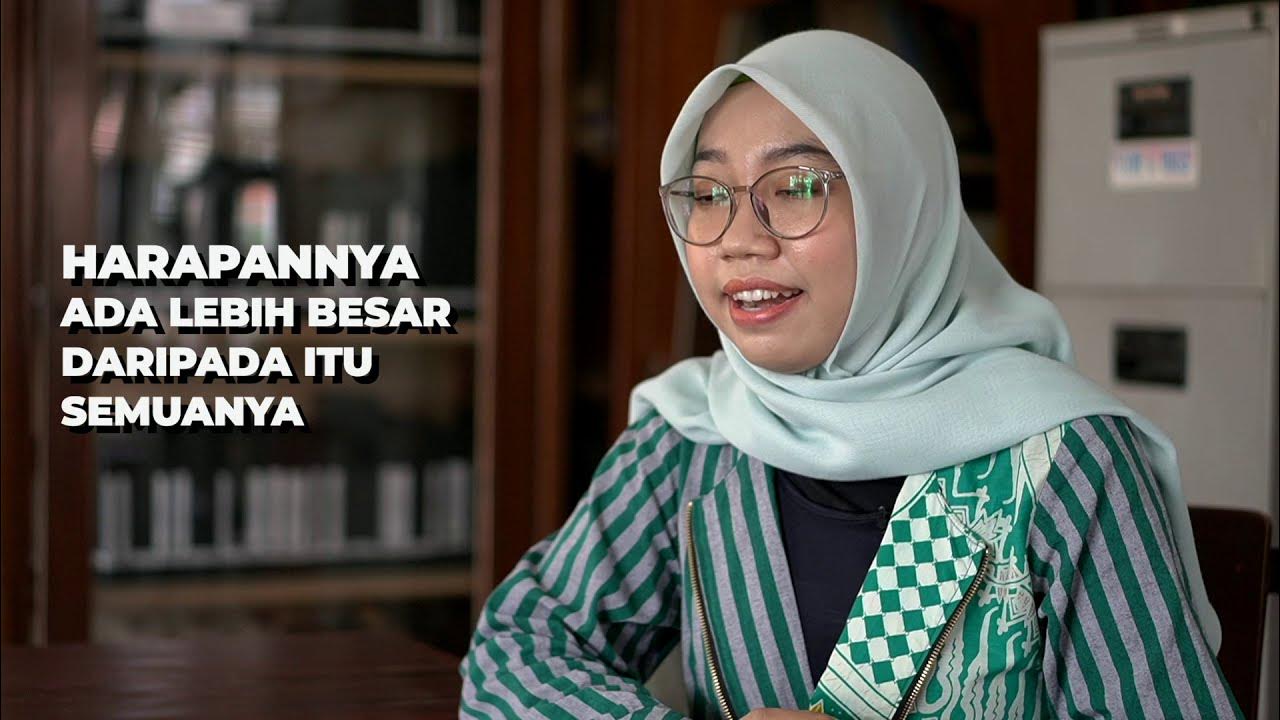LU 4 Budi Pekerti 2
Summary
TLDRThis video script emphasizes the importance of moral intelligence and character education, focusing on the ideas of Ki Hajar Dewantara. It highlights the need for educators to not only foster cognitive skills but also guide students in developing strong moral values. Through real-life examples, such as a student's poor performance in a quiz due to lack of collaboration, the script underscores the role of both family and school in shaping character. It stresses that educators must cultivate a balance of cognitive, affective, and psychomotor skills to nurture students' overall growth, helping them become self-aware, compassionate, and responsible individuals.
Takeaways
- 😀 Education is not just about cognitive skills; it also involves fostering good character and moral intelligence in students.
- 😀 Ki Hajar Dewantara emphasizes the importance of family as the first place to train a child's character and moral intelligence.
- 😀 Moral intelligence involves the integration of cognitive skills (knowledge) and affective feelings (emotions) to form well-rounded character.
- 😀 A person with good character, such as honesty, will display actions consistent with their values, like avoiding dishonesty.
- 😀 Teachers have a crucial role in helping students develop moral intelligence, guiding them with both example and instruction.
- 😀 Educators should teach students to reflect on their behavior and consider the impact of their actions on others.
- 😀 Effective education involves fostering intellectual skills while also developing students' emotional and social intelligence.
- 😀 Character education requires the alignment of thought, feelings, and willpower to shape a student's character.
- 😀 As educators, it’s important to help students find their strengths and improve their weaknesses by offering guidance tailored to their needs.
- 😀 Education should not only focus on knowledge but also on building awareness and confidence in students to express their thoughts and emotions.
- 😀 The goal of education is to help students become free, intelligent individuals who can define their own identity and contribute to society.
Q & A
What is the main focus of the module discussed in the transcript?
-The module focuses on educating and training moral intelligence, with a particular emphasis on the ideas of Ki Hajar Dewantara regarding national education and the development of students' moral character.
What mistake did Wuri make during the group quiz competition?
-Wuri tried to answer the competition questions quickly without discussing them with her teammates, which led to many wrong answers and caused her team not to advance to the next round.
What lesson did Mrs. Handa learn from the quiz competition incident?
-Mrs. Handa realized that she had been too focused on training her students' cognitive skills and had neglected to teach them values like humility and cooperation.
How is good character defined in the context of the module?
-Good character is described as the wholeness of the human soul, which results from the unity of thought, feeling, and will, leading to moral actions that align with cognitive knowledge and emotional understanding.
According to the module, how are moral intelligence and character formed in students?
-Moral intelligence and character are developed through a combination of cognitive learning, affective feelings, and psychomotor actions. Ki Hajar Dewantara emphasized the importance of the family as the primary place for moral development, with schools playing a supplementary role.
What role does the family play in the development of moral intelligence?
-The family is seen as the main and best place to train the moral intelligence of children. It serves as the initial laboratory for shaping their character, preparing them for life in society.
What is the relationship between education and moral intelligence?
-Education is closely related to moral intelligence, as it influences the development of intellectual abilities, which can evolve over time and impact students' thinking and behavior.
How can educators help students develop moral intelligence in a classroom setting?
-Educators can guide students by fostering awareness of the importance of character traits, helping them reflect on their behavior, and offering examples that align with moral values, such as honesty, humility, and cooperation.
How does Ki Hajar Dewantara view the connection between cognitive skills and moral behavior?
-Ki Hajar Dewantara viewed the development of cognitive skills as integral to the formation of moral behavior. Understanding and applying knowledge, especially in the context of character, should be accompanied by emotional and behavioral development.
What does the module suggest about the process of teaching moral character in students?
-The module suggests that teaching moral character is an ongoing process that requires educators to guide students in reflecting on their behavior, considering the impact of their actions, and helping them cultivate good character traits through both teaching and example.
Outlines

This section is available to paid users only. Please upgrade to access this part.
Upgrade NowMindmap

This section is available to paid users only. Please upgrade to access this part.
Upgrade NowKeywords

This section is available to paid users only. Please upgrade to access this part.
Upgrade NowHighlights

This section is available to paid users only. Please upgrade to access this part.
Upgrade NowTranscripts

This section is available to paid users only. Please upgrade to access this part.
Upgrade NowBrowse More Related Video
5.0 / 5 (0 votes)





